Family dynamics are explored inside out in “The House of Us”, the sophomore work from South Korean director / writer Yoon Ga-eun and one of the most anticipated movies of the year, after the success of her delicate short film “Sprout”, Crystal Bear in Berlin in 2014, and her charming 2016 feature debut “The World of Us”.
“The House of Us” is screening at the BFI London Film Festival 2019

Like the previous work, “The House of Us” opens on an extreme close up of a girl's face. Hana (Kim Na-Yeon) is 11-year old, at home, witnessing a violent brawl – one of many – between her parents. Oodles of subtle expressions animate her face; surprise, worry, helplessness and then disappointment, sadness and great fear. Hana understands more than well what is going on, but she is holding on for dear life to the idea that she can still save the day, and her way to calm the situation is to invite the family to sit down for breakfast. The dining table represents for Hana the core of that familial harmony she doesn't want to lose. Her older brother is distressed by the situation too, but he is in teenage cloud and has adopted indifference as a way to deal with it.
It is the end of school-year and Hana's just been awarded the “best classmate” prize, however her mum doesn't seem to appreciate it as Hana would like and she is also dismissing the girl's attempt to help her with the cooking and family chores. Sad and disappointed, one day Hana, while grocery shopping, bumps into a pesky little girl called Yoo-jin (Joo Ye-rim) who's lost her sister Yoo-mi (Kim Si-ah). With Hana's help, the two sisters are reunited and a friendship is born. Yoo-mi and Yoo-jin are younger than Hana but they live alone most of the time; their parents are away, working in a seaside town for the whole season and an uncle goes occasionally to check on them, and Hana is happy to take up the role of older-sister-almost-mum. Finally she can cook for them and recreate that familial table she misses so much, and the surrogate family becomes Hana's happy retreat as her real family is rapidly breaking into pieces.

Meanwhile, while Hana is tormenting mum and dad to go to a family trip in the hope of restoring a harmony that has long gone, she painfully learns they have made some important decisions without letting her know. Summer goes by between laugh and sadness but when Hana realizes she is going to lose both her families, she feels lost and reaches her breaking point.
As the two titles suggest, in “The World of Us” the protagonist was dealing with that inevitable phase of life in which we learn the harsh rules of the playground and to communicate with those around us, to blend-in or stand-out; instead in “The House of Us”, Hana is learning through imitation and mistakes what constitutes a family and its foundations. Her fear to lose a safe home makes her regress to a childlike state of mind, fiercely refusing the painful reality and believing that being a good girl and playing mum to the girls, will make everything stay unchanged and happy. She amusingly buries her dad's phone in a shoe-box, hoping a mysterious suspicious caller will vanish.

Parents behavior shapes what we learn about parenting and the tools we have to deal with family issues, and Hana inescapably makes the same mistakes of her mum; she makes choices without talking with the other two friends and in doing so, she has the same protective good intentions of her mum's. But good intentions don't go anywhere and Hana's mistakes culminate in potential big troubles for the three girls. Allegorically, like three little ghosts, they find safety at the end of their adventure, inhabiting someone else's “house” and the climax triggers Hana's acceptance and seal an important bond between the three friends.
Director Yoon Ga-eun reconfirms her brilliant ability to knee down at child high and see the world through their eyes. Her direction of the kids and her trademark casting process that involves lots of time and dialogue with them and, more than anything, an open heart for listening and accepting inputs and ideas from the little ones, makes her films almost borderline-documentaries.

The three girls are nothing less then exceptional, they manage to carry out a film with almost no music and made, most of the time, of close-ups on them, while they beam in the lovely summer light that bathes the whole film. Adults were thoughtfully left in the background in “The World of Us”; however, here they are more inherent to the family theme and they are shown in the ever-fluctuating mood that children perceive.
While “The House of Us” is not a narrative sequel of the previous work, it surely is a bona fide sequel of the author's extraordinary method, vision and empathy, making Yoon Ga-eun a director who has established her own “genre”.


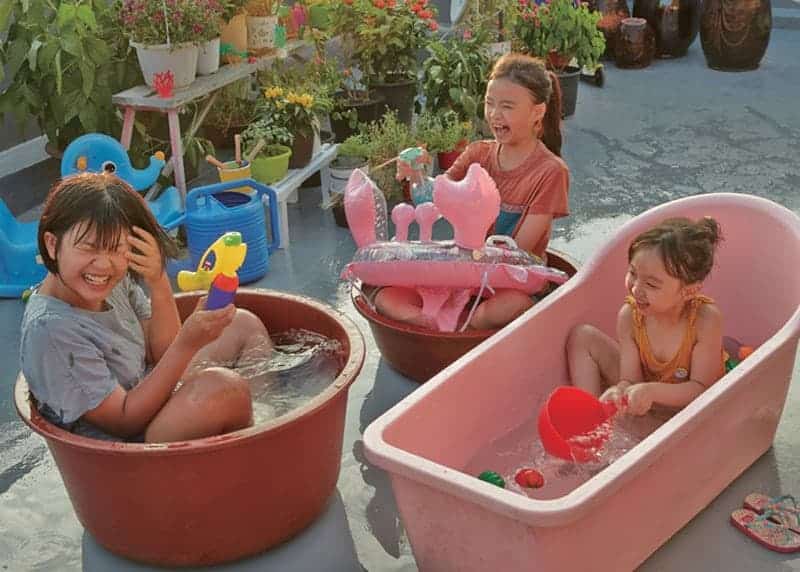
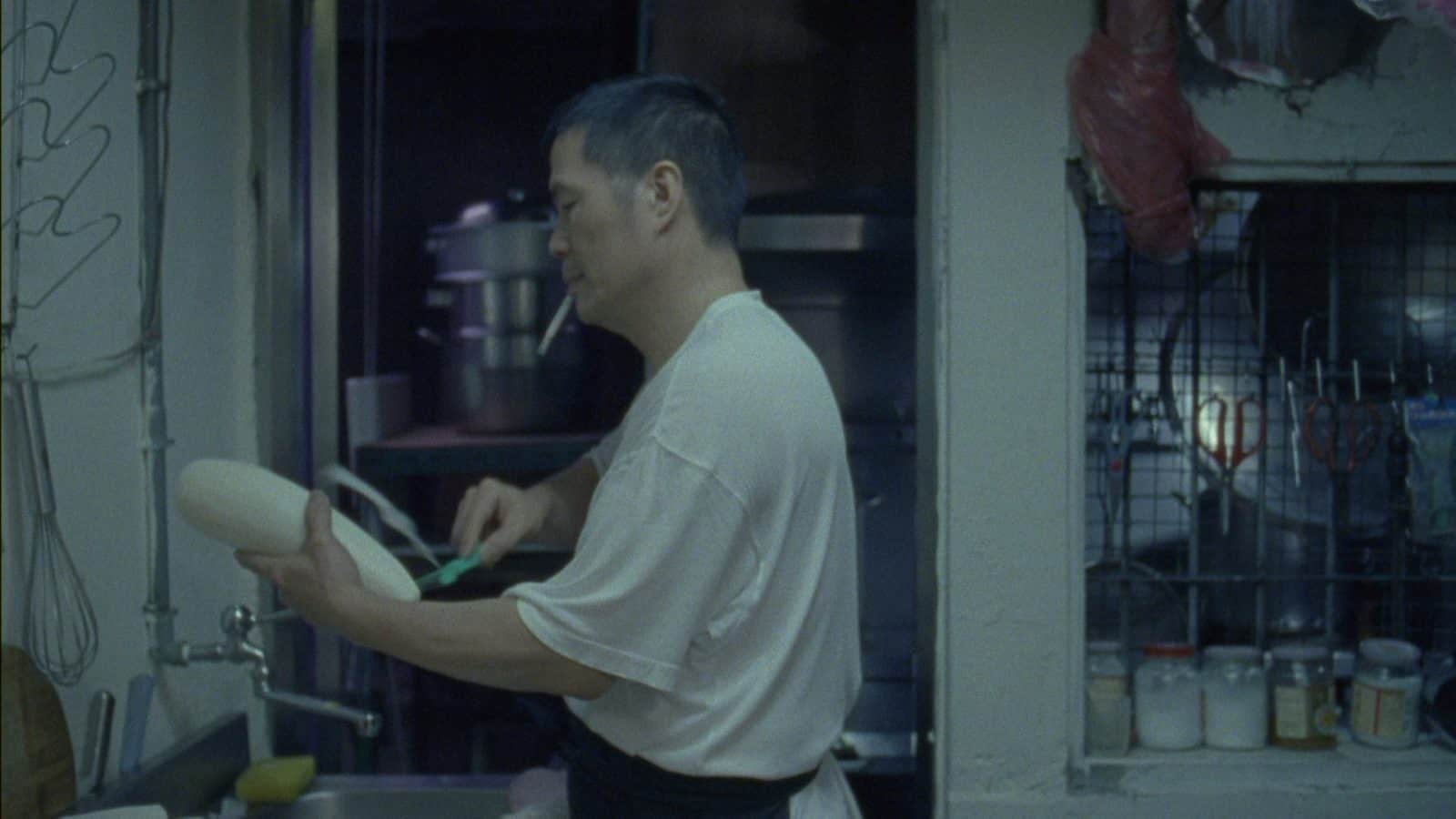
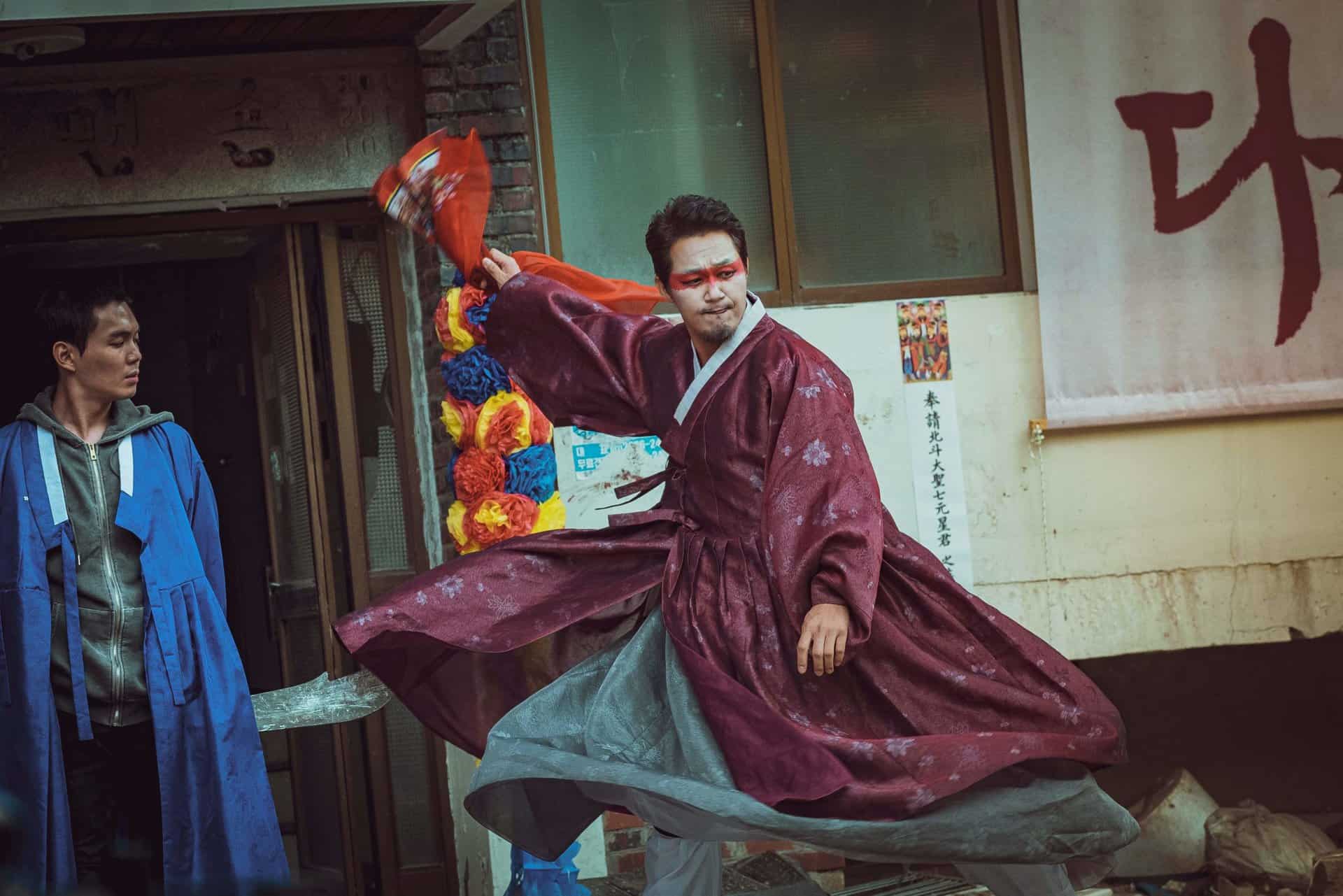

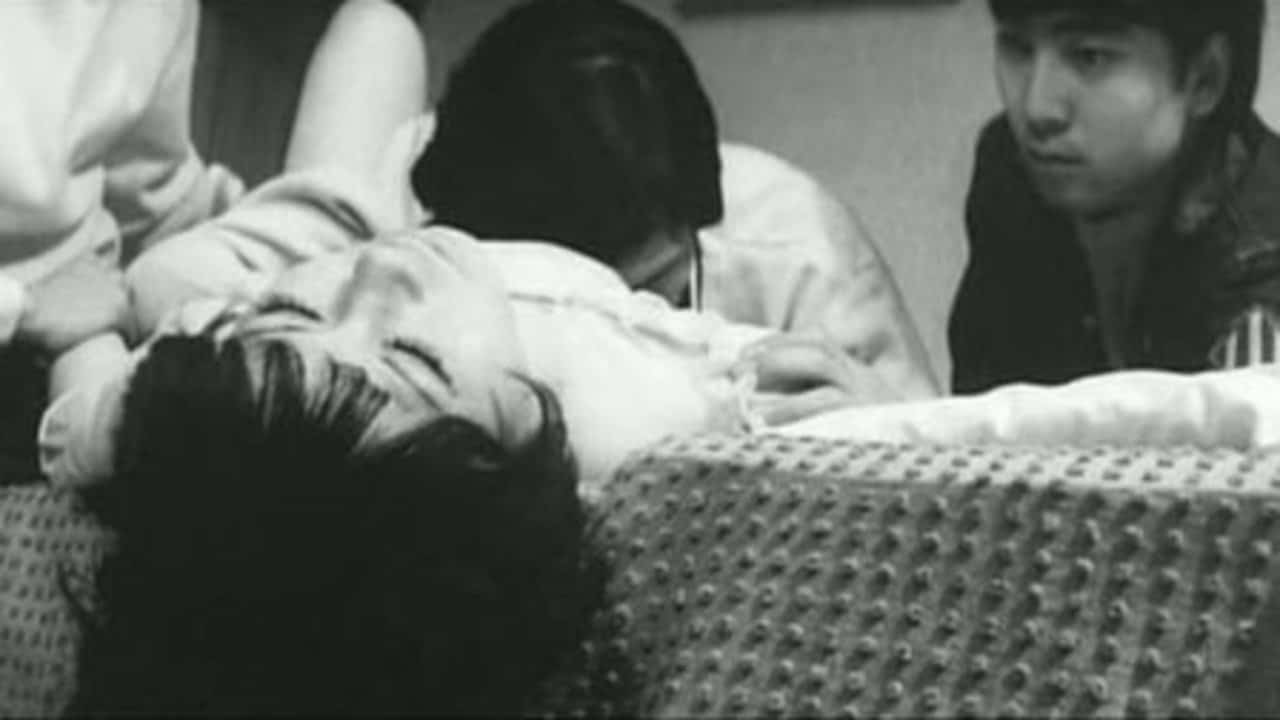
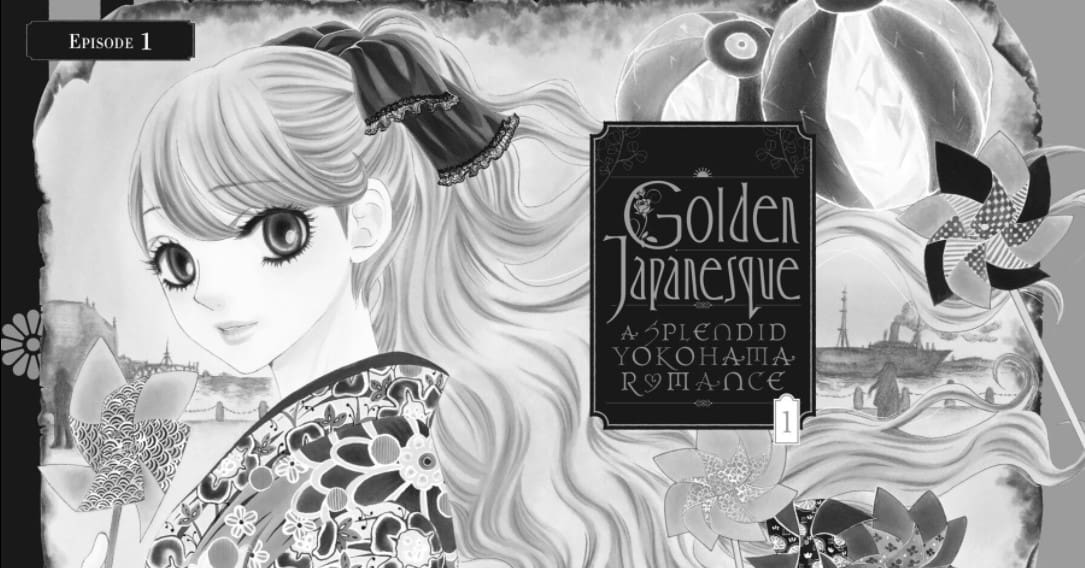
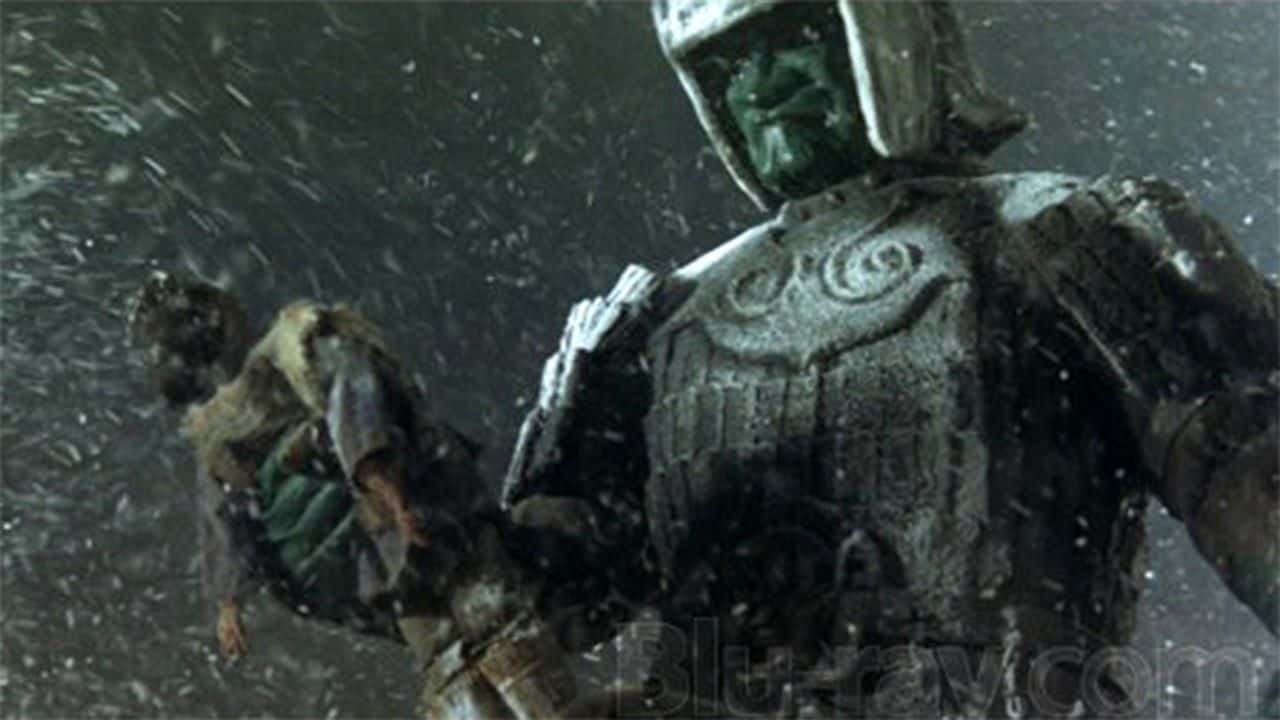







Hey, where can I watch this movie.
Hi Maro,
Thanks for taking the time to ask. This screening of “The House of Us” was at the BFI London Film Festival; to my knowledge, it has also been released theatrically in South Korea. You can find more details here: https://www.imdb.com/title/tt10713818/releaseinfo?ref_=tt_dt_dt !